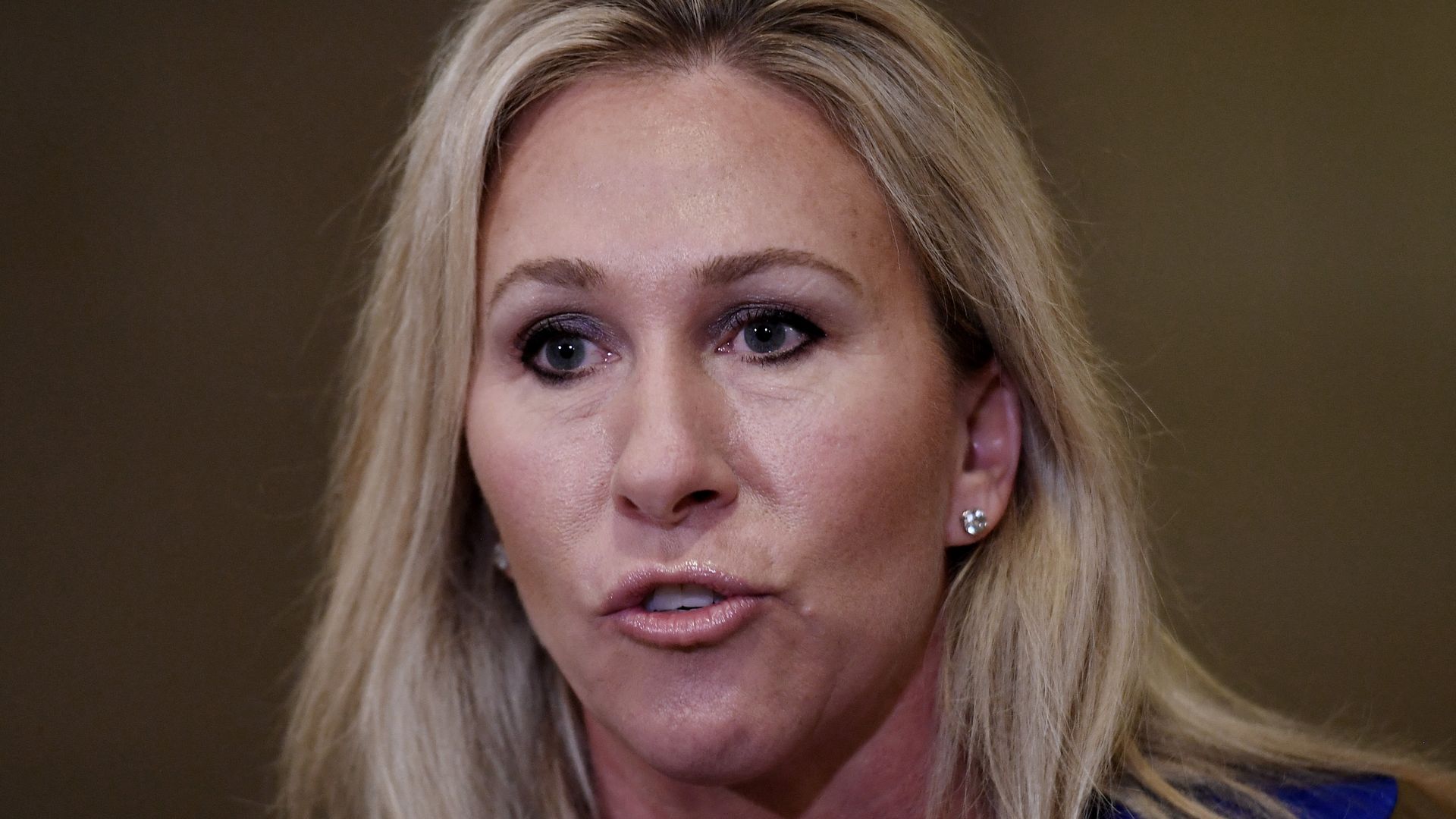| The "billionaire tax" and other revenues Democrats want to pay for President Biden's $2 trillion social safety net expansion are about to face a math test from a notoriously hard grader: the Joint Committee on Taxation. Why it matters: The budget reconciliation instructions require the Senate Finance Committee to offset all the spending it authorizes with the same amount of revenue. Hot air from House and Senate leaders about pay-fors will be replaced by the joint committee's cold arithmetic — and the result is in doubt, Axios' Hans Nichols reports. By the numbers: The tax rate increases on corporations, capital gains and wealthy taxpayers that Sen. Kyrsten Sinema (D-Ariz.) opposes would have raised up to $850 billion in new revenue. To help offset that loss: - House Speaker Nancy Pelosi estimated a proposal to tax billionaires' liquid assets could raise $200 billion to $250 billion over 10 years.
- Imposing a so-called minimum book tax on corporations, which Sinema might also accept, would capture another $150 billion.
- Another big-ticket item, and one Sinema has not previously opposed — $700 billion in additional revenue from increased IRS enforcement — can't officially be used to offset the Finance Committee's spending under the reconciliation instructions.
What they're saying: "JCT is where tax theory meets scoring reality," said Eric Ueland, a longtime Senate staffer and former Trump administration official. - "When it comes to the reconciliation process, JCT won't be handing out any easy scores to help provisions make it through the budget minefield."
Flashback: In February, the Senate parliamentarian dashed Democratic hopes of including a minimum wage increase in Biden $1.9 trillion COVID-relief bill. - The JCT — a committee of five House and Senate members that works in conjunction with the Senate parliamentarian and Congressional Budget Office — is poised to play a similar role now.
- It has the power to effectively nix any proposal that doesn't add up, leaving some senators sweating.
Between the lines: Many of the priorities in Biden's reconciliation bill — the enhanced child tax credit, tax incentives for clean energy, paid family leave, home care subsidies and Medicare and Medicaid subsidies — must be reviewed by the Finance Committee and fully offset with revenues. - Spending that's being authorized by other committees doesn't face the same requirement.
- That includes new programs for child care and education reviewed by the Senate Committee on Health, Education and Labor and Pensions, or climate provisions passing through the Senate Committee on Energy and Natural Resources.
Keep reading. | 









No comments:
Post a Comment